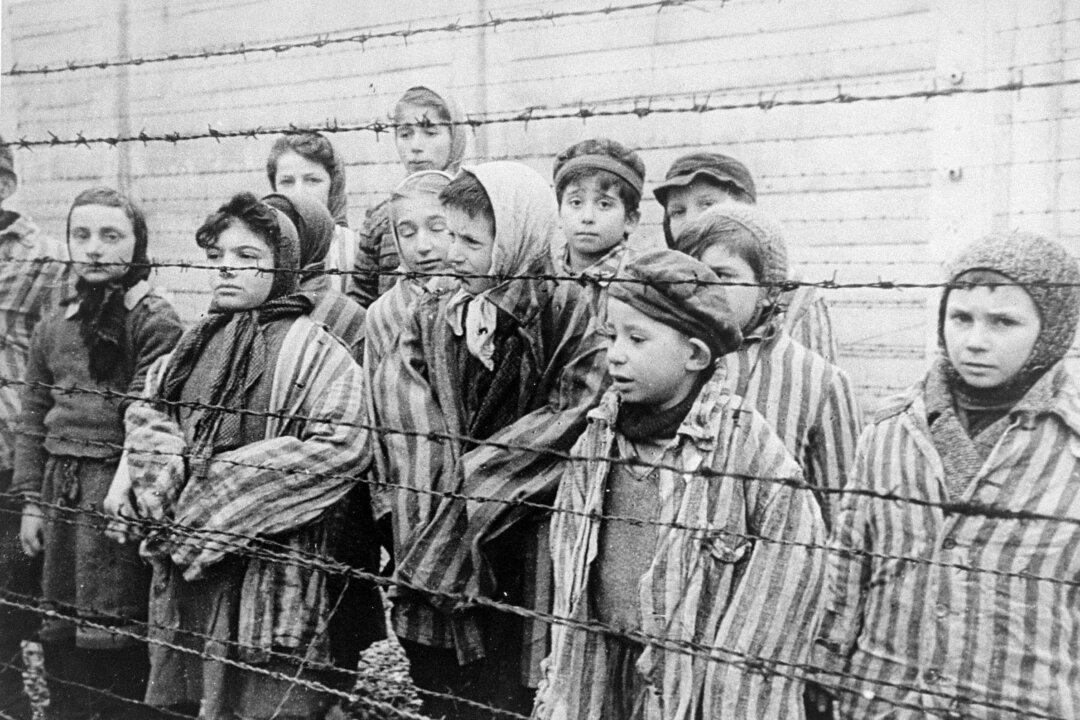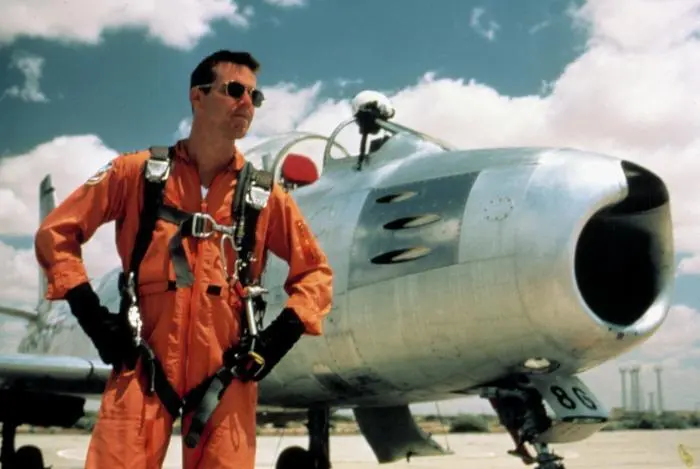NR | 1 h 44 min | Drama | 1948
This film opens with a text acknowledging that much of the filming was in the United States-occupied post-World War II Germany with permission of the U.S. Army and cooperation of the International Refugee Organization (IRO). Sure enough, Polish-born producer Lazar Wechsler and Austrian-born director Fred Zinnemann draw on their European-Jewish heritage to bring a reverential authenticity to the entire production.





